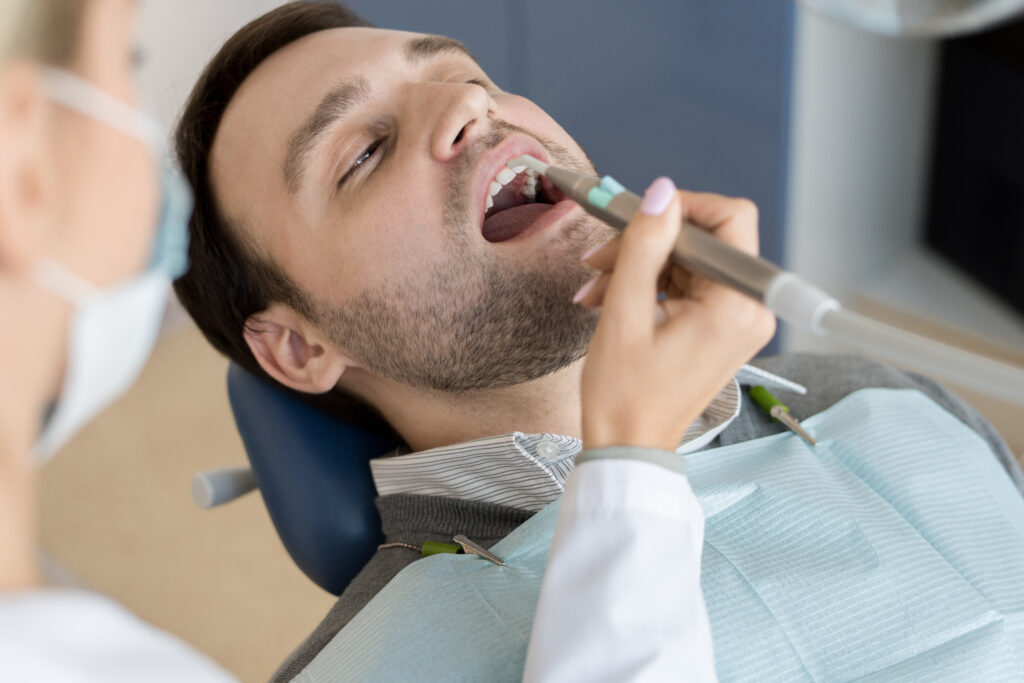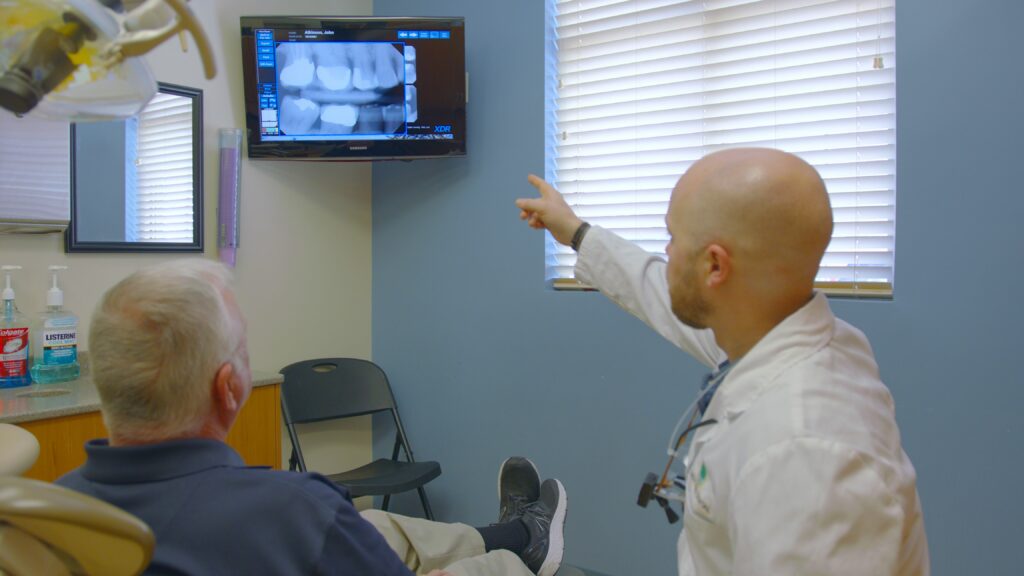Maintaining fresh breath is a universal concern that we all experience, and the connection between flossing and bad breath is often underestimated. Here, we’ll explore the impact of flossing on bad breath, addressing common queries and shedding light on the relationship between these aspects of oral health.
Flossing is a potent ally against bad breath as it targets areas where a toothbrush can’t reach, removing trapped food particles and bacteria. Effective flossing not only reduces plaque buildup, a major contributor to unpleasant odors in the mouth but also promotes optimal gum health, preventing gum disease, another potential source of bad breath.
Can flossing make your breath smell better?

Absolutely, flossing can significantly contribute to fresher breath. The primary role of flossing in relation to bad breath (halitosis) lies in its ability to remove trapped food particles and plaque from between your teeth and along the gumline. Here’s how flossing aids in making your breath smell better:
- Bacterial Removal: Flossing reaches the areas between your teeth that a toothbrush may not effectively access. In these tight spaces, bacteria can thrive, producing unpleasant odors.
- Food Particle Elimination: Food particles lodged between teeth can decompose, providing a breeding ground for bacteria.
- Preventing Gum Disease: Flossing plays a crucial role in preventing gum disease. Gingivitis and periodontitis, stages of gum disease, can contribute to bad breath.
What causes bad breath when you don’t floss?
- Accumulation of food particles between teeth creates a breeding ground for bacteria, leading to unpleasant odors
- Plaque buildup, especially along the gumline, can release sulfur compounds responsible for bad breath.
- Without flossing, bacteria thrive in interdental spaces, contributing to persistent bad breath.
Why does my breath still smell after flossing?
The persistence of unpleasant breath even after diligent flossing can be attributed to various factors that extend beyond the mere act of interdental cleaning. In instances of incomplete flossing or when certain areas are neglected, there’s a potential for lingering bacteria to persist, leading to ongoing bad breath concerns.

The often-overlooked aspect of tongue hygiene plays a pivotal role; a neglected tongue can serve as a breeding ground for bacteria, exacerbating persistent odors. It’s crucial to recognize that chronic bad breath might be indicative of underlying issues such as gum disease or dry mouth. In such cases, seeking professional dental evaluation becomes imperative to identify, address, and manage any potential oral health concerns contributing to the lingering issue of bad breath.
By acknowledging the multifaceted nature of persistent halitosis, individuals can take a proactive approach, addressing both surface-level flossing techniques and potential underlying oral health conditions for a more comprehensive and effective resolution.
How long does it take to stop bad breath from flossing?
Improvements in bad breath can be noticeable within a few days of consistent and thorough flossing. However, individual factors, including oral health and diet, influence the timeframe for experiencing the full benefits.
- Maintaining a regular flossing routine is key to sustaining long-term freshness and preventing bad breath
How often should you floss to stop bad breath?
In establishing an oral care routine, it is generally recommended to engage in flossing at least once a day. This frequency proves to be effective in maintaining optimal oral hygiene and serves as a proactive measure against the common concern of bad breath. The strategic timing of flossing, particularly before bedtime, will aid in the removal of accumulated debris nestled between teeth, in order to mitigate the potential for morning bad breath, a common occurrence as a result of bacterial activities overnight.
However, it’s important to recognize the individualized nature of oral health needs. Individuals with specific dental conditions, varying susceptibilities to bad breath, or heightened vulnerability to oral issues may find enhanced benefits through a more frequent flossing schedule. Tailoring the frequency of flossing to one’s unique oral health requirements not only ensures a more personalized approach but also addresses potential concerns with greater precision, contributing to an overall well-rounded oral care strategy.
By acknowledging the nuances of individual oral health and adjusting flossing practices accordingly, individuals can optimize their efforts in combating bad breath and promoting sustained oral well-being.
How do you cure smelly breath?
Upgrade your flossing routine by embracing proper techniques. Gentle, back-and-forth motions, ensuring the floss forms a C-shape around each tooth, can significantly enhance bacterial removal and plaque prevention. Along with flossing you should,
- Incorporate an Effective Tongue Cleaning Routine
- Opt for Mouthwash with Antibacterial Properties
- Maintain a Balanced Diet
- Regular Dental Check-ups:
Schedule routine dental check-ups to address any underlying issues contributing to bad breath. Your dentist can identify and treat conditions like gum disease or cavities that may be impacting your oral freshness
Conclusion
In the unending pursuit of a consistently fresh and invigorating breath, flossing stands as a fundamental and remarkably effective practice. Beyond its role in maintaining oral hygiene, flossing plays a pivotal role in addressing the root causes of bad breath, diligently targeting the lurking culprits – plaque and bacteria nestled between teeth. This proactive approach not only combats halitosis but also lays the groundwork for comprehensive oral health.
Flossing at least once a day, especially before going to bed will help get rid of the causes of bad breath. This paired with a healthy diet, staying hydrated, a clean tongue and brushing your teeth routinely, should allow you to keep your breath smelling great throughout the day.







